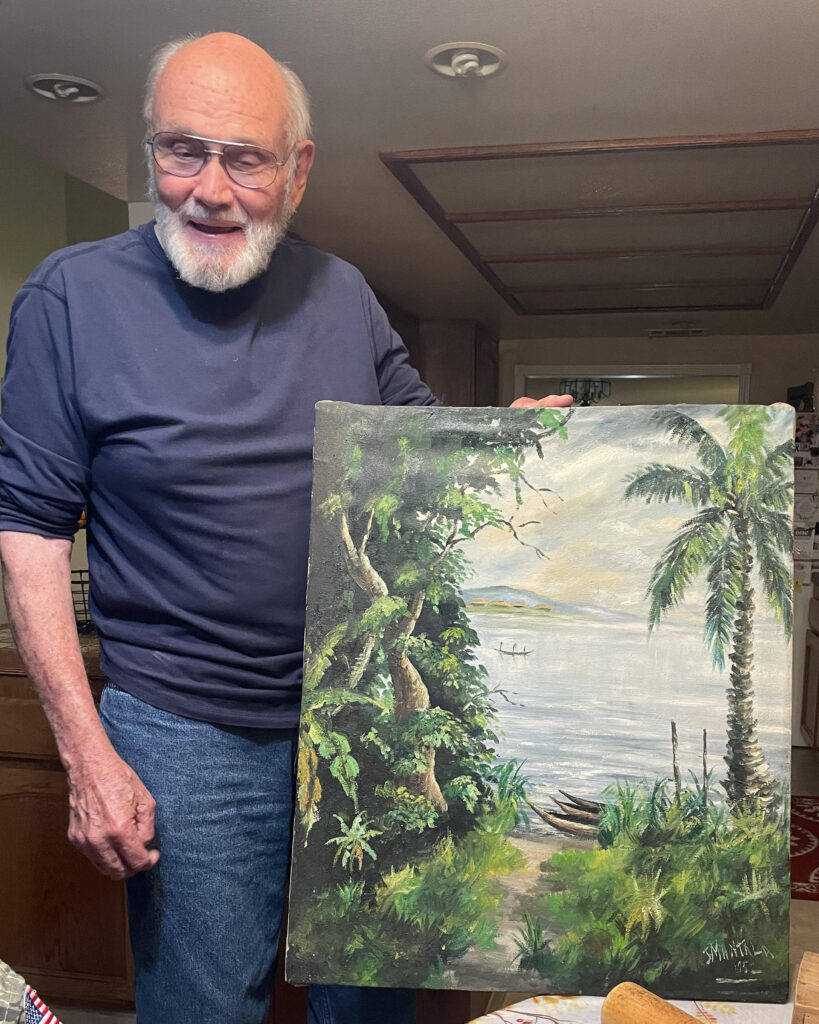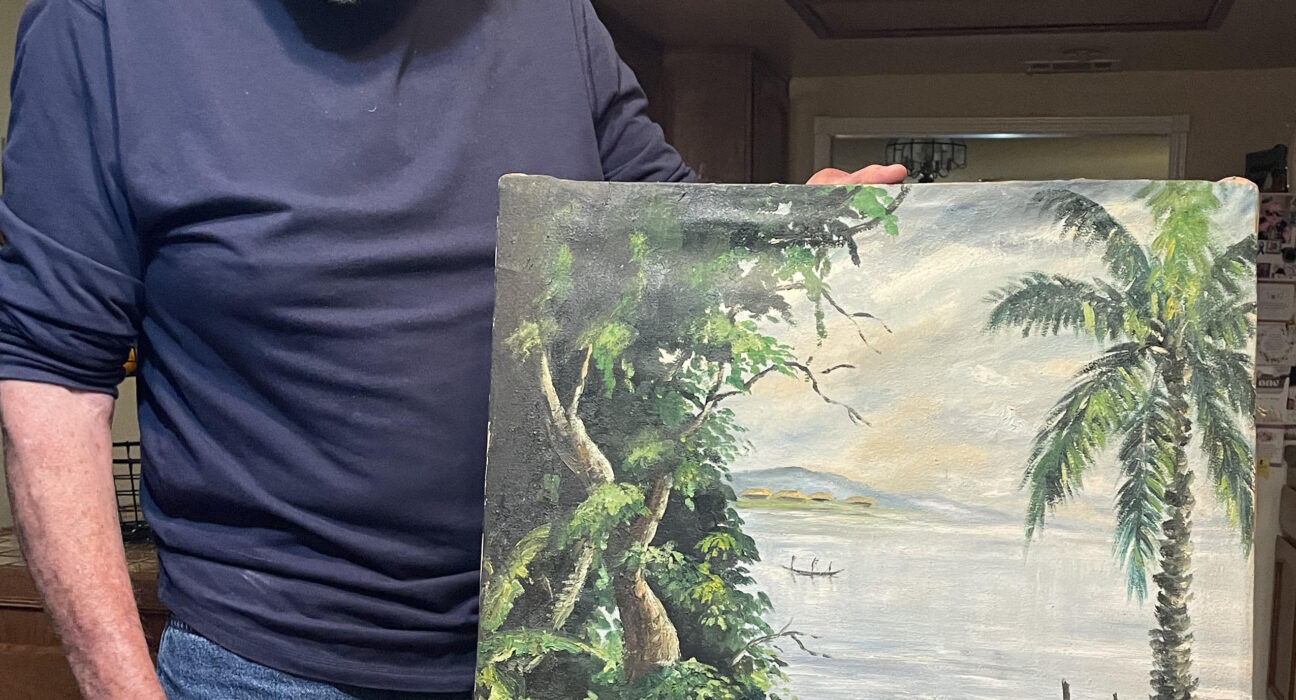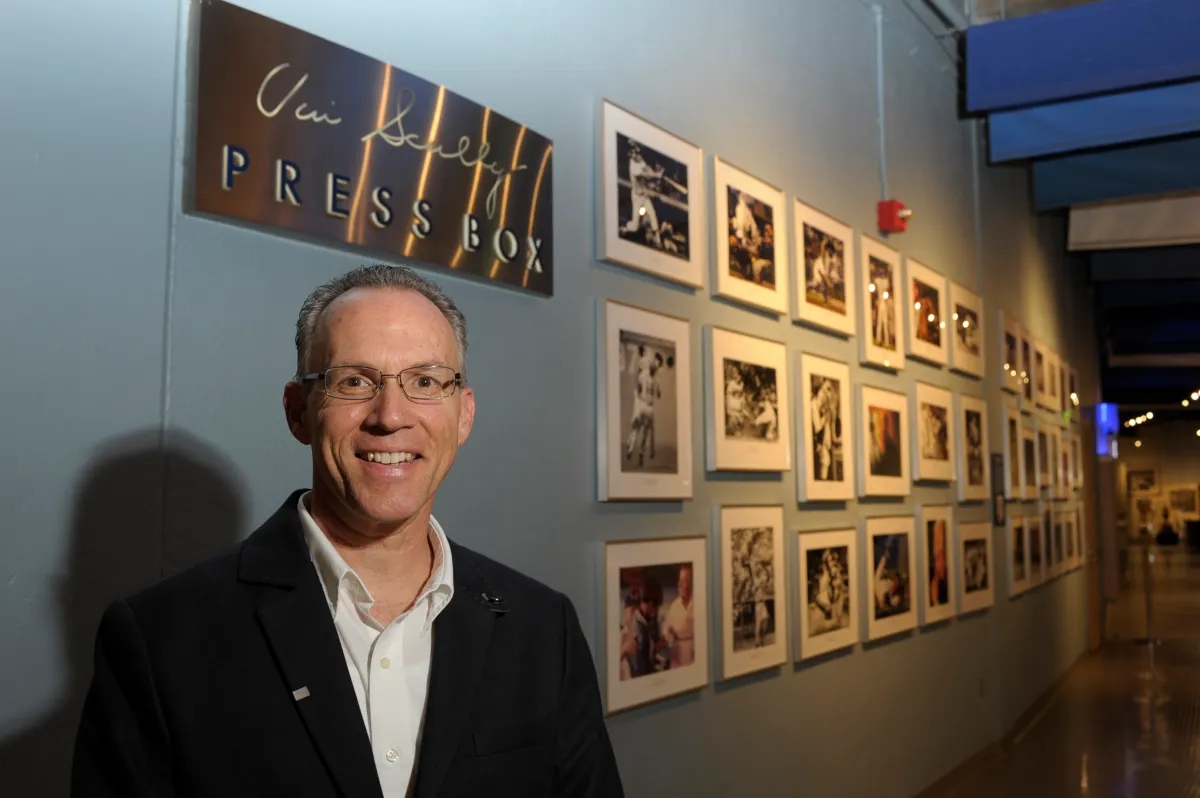
I sat down with Dan Watkins, retired educator, to talk about his life growing up in Africa and what it was like for him to move to the States as an elementary school student. He’s experienced it all, from bullies to not knowing the language, and used his experiences for the benefit of others.
What part of Africa did you grow up in?
“I lived in the Belgian Congo, which has changed hands and changed name frequently in the seventy some years since I lived there.”
What was school like there?
“My sisters, they were older. My mother taught them. She homeschooled them. She would teach classes to the natives and my sisters would sit in classes. When it came time for me to start school, the French government made it so that all the white kids had to attend school in the city and they were all taught in French.
“I had to walk on this dirt path to where there was a dirt road. Then a bus would come and pick us up. It was probably an hour drive to the school.
“I didn’t know a word of French when I got there. But my parents taught me how to say my name and ‘I don’t speak French.
“School was not a good thing for me at all. I was pretty dyslexic.
“The desks were in four rows. They were the kind of desks that had an ink well that you dipped with a pen. And if you got too much ink on the pen, there would just be a blob. And if you got too little, it wouldn’t show.
“Homework was done on slates. We had three slates that we would carry home every day and put in a little canvas briefcase to bring back to school and turn those in and get a new set for the next day.
“If you didn’t do what the [teacher] said, he would hit you. He had a stick, and from the middle row, he could reach across to both sides. You’d have about five seconds to react or else you’d get whacked in the back of the head. You would see stars. For me it was an instant headache. My goal would be for my headache to be gone before I got hit again. I got hit constantly. Mostly because I had to keep looking to see what other people were doing. Really, it was a skill for learning how to cheat. It didn’t do me any good.
“My parents [attempted to help me] because everything was in French. My dad was fluent in French, Lingala and Kingango, Flemish, and Portuguese. He was linguistically gifted. Anyway, there was a new rule that we could not speak English in the house. So I had to speak French in the house, but outside the house I had to speak Lingala, because that’s what the natives spoke.
“We had to wear uniforms, khaki shirt and shorts and had to wear this pith helmet. It was made out of cork but covered with cloth. And then you had your shoes that had to be white and every night we used white shoe polish and made sure there were no scuffs on them.
“As the new kid, I didn’t know any better, so some of the other kids would come up and dirty my helmet with their hands. Then we had these bags with slates in them. They would grab them and erase them and so I’d get hit again.”
What was it like when you came to this country?
“We got here and enrolled in school. Then the rules changed. I couldn’t speak French or Lingala anymore. I had to speak English.
“We were always the poorest kids in town. Because when my parents retired from the mission board, the pension was fifty dollars a month. My parents had to go to work.
“I was born [in Africa] in 1944, and we came here in 1952.”
What did you miss about Africa when you moved here?
“In the eyes of a kid, whatever your family is, whatever your life is, that’s what you know. And so you feel comfortable. I missed my friends. I missed having friends that I knew how to play with. Just to put it in perspective, I had never seen a baseball or a baseball bat. I had never seen any kind of a ball. I had no concept of games. We played games at our house. With my parents we played Chinese Checkers. As far as organized sports, I didn’t know anything about it.
“We would have foot races, and see who could climb a tree up to a certain point the fastest, and who could throw a star apple the farthest.
“My first day of school here, when I was brought down to the class, the secretary told the teacher, ‘I have a new student for you.’ And the teacher said, ‘My class is full. I don’t want more.’ The secretary said, ‘You have to have him.’ The teacher said, ‘I don’t even have an empty desk.’
“They’re having this argument and I’m thinking, what’s going on?
“‘What’s your name? Where are you from?’” the teacher asked.
“I said, ‘I’m from Africa.’
“And the class just howls.
“And she said, ‘No, where are you from?’
“And I said, ‘The Belgian Congo.’
“She got livid and grabbed me and marched me down to the principal’s office and said, ‘This kid can’t answer a decent question.’
“School was not good in Africa, and it was worse in the States.
“The teacher one day, I think she was trying to be nice – we go out to recess and the kids are playing baseball and the teacher said I could bat first.
“I don’t know how to play. The kids are laughing. She didn\’t believe me.
“Well, she said, you stand by the plate and hold the stick over your head. I literally did what she said, and held the stick straight over my head. It’s over my head and I asked her where the plate was.
“After that, I was put in the back of the class and just told to sit still and be quiet.
Why did you go into education?
“Because I didn’t want any kid to be treated the way I was. It went on for years.”
What did you do in education?
“I was a teacher. Then I was a principal. Then I was a school psychologist. Then I became director of curriculum for the whole district. Then I became the assistant superintendent [in Baldwin Park]. I was blessed with many opportunities.”
We barely scratched the surface of Dan Watkins’ story, but I learned from the time I had with him that a person can overcome any obstacle. Dan tells his stories with humor and that’s the perspective I want to have in my life. my life.





